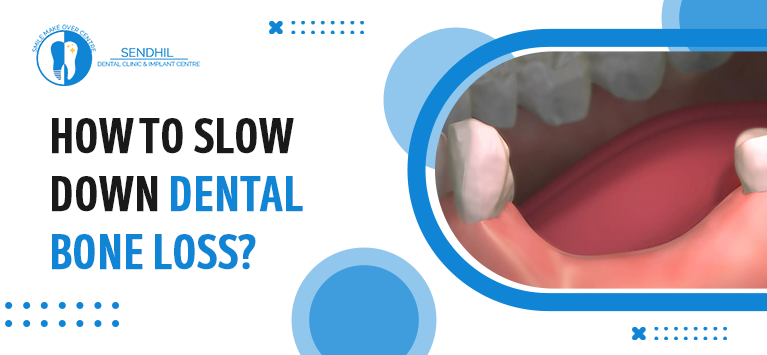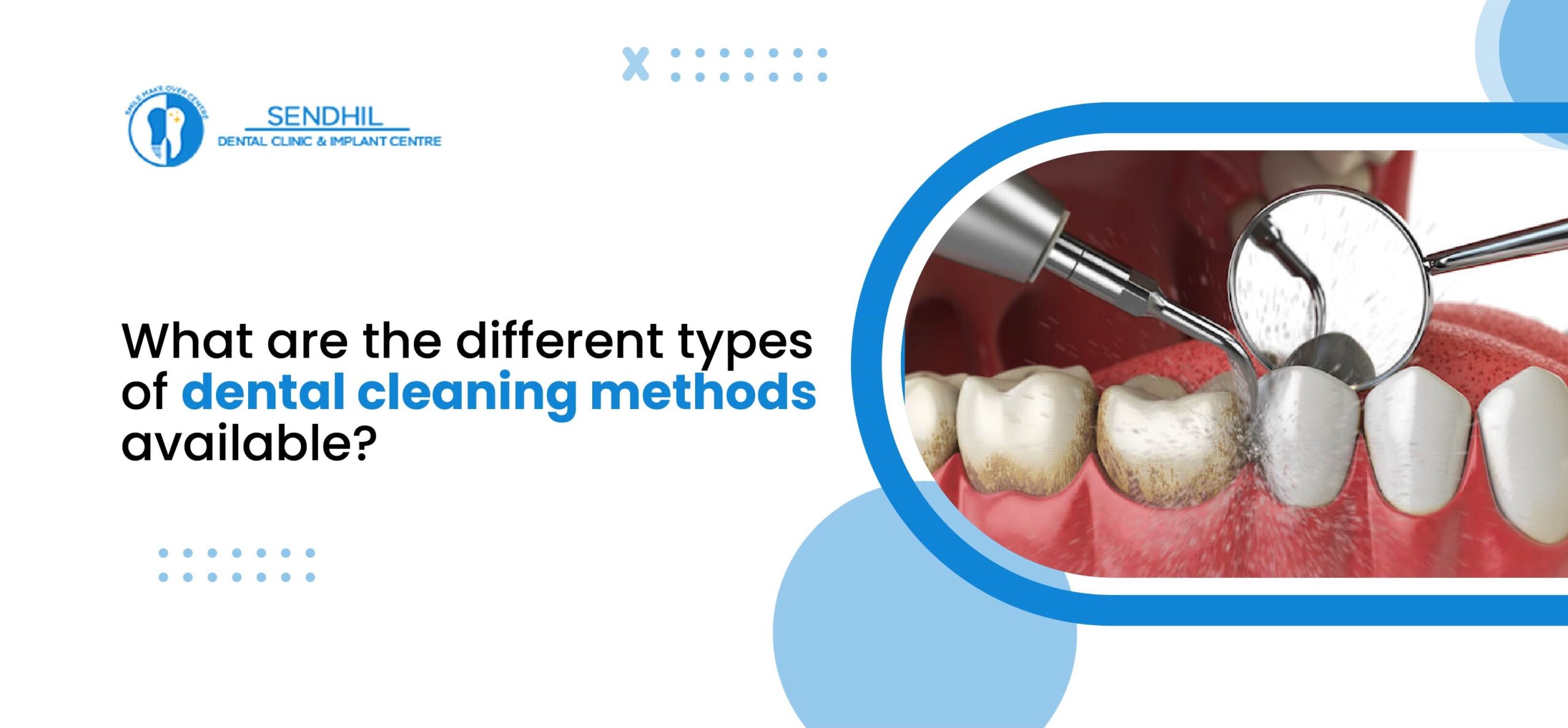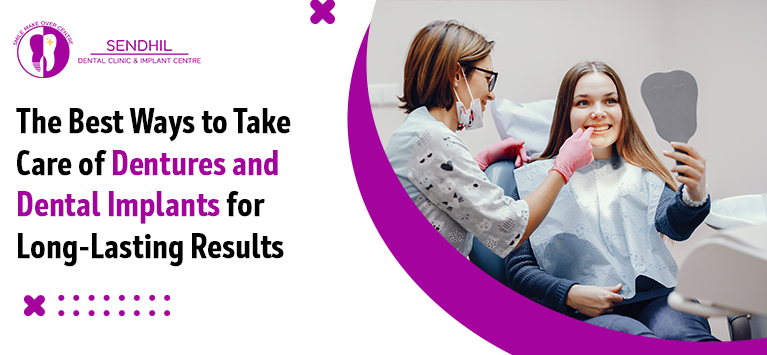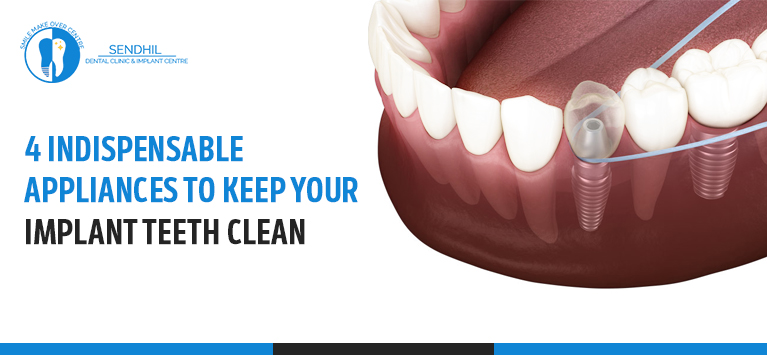
How to slow down dental bone loss?
Bone loss around the teeth occurs due to several reasons. The jaw bone is the place where our teeth are positioned. It surrounds and supports the tooth roots. When bone in your jaw resorbs or shrinks, the teeth will lose their support and become loose. Consequently, dental bone loss will make your teeth fall out.
It affects the way you speak, eat, and chew. Moreover, you would encounter facial collapse. Luckily, various therapeutic procedures are available to tackle and prevent such damaging effects. Besides, you can slow down the bone loss around teeth in certain ways that are explained in this blog article.
Table of Contents
What are the possible causes of bone loss in teeth?
The most common causes of dental bone loss include:
- Tooth extractions
- Knocked out teeth
- Traumatic conditions like jaw fractures
- Gum diseases
- Misaligned teeth and jaws
In general, the stimulatory force produced by jaw bone movement with activities like biting, chewing, talking, opening & closing the mouth is necessary to strengthen jaw bones.
When a tooth comes out due to surgical extraction, facial injuries, periodontal infections, or other reasons, the bone underneath the lost tooth does not receive such stimulation. Subsequently, our body thinks that the bone is not needed henceforth so the bone cells are recycled to use for other parts of the body.
The jaw bone fractures are powerful to alter the activities of bone cells. Likely, dental malocclusion (misaligned teeth) would affect the stimulatory force. These conditions also have adverse effects on rebuilding and strengthening the jaw bone.
What are the most common bone loss in teeth symptoms?
Dental bone loss exhibits various signs to alert the sufferer is about to lose more teeth. As the bone loss around a tooth occurs gradually, the signs of deterioration will vary from time to time. The most common symptoms are listed below:
- Loose & Shifting teeth
- Gum bleeding
- Wrinkles around the mouth
- Lips sinking inward
- Sharp pain in teeth while biting and chewing
How can we slow down bone loss in teeth?
You should get dental implants to restore the missing teeth. As the implant posts are directly embedded in the jaw bone, they produce stimulatory force like the natural teeth. Other less invasive restorations like dentures, dental bridges do not provide this benefit.
Apart from replacing the extracted or avulsed teeth with dental implants, you should indulge in activities to keep your teeth and gums strong. It lessens the speed of bone deterioration.
1) Get Bone grafting treatment
Dental bone grafting is a surgical procedure that tends to increase the volume and density of jaw bone. It involves making an incision in the gum to place a graft material. The graft material is placed to integrate with the existing bone to develop a new bone.
It is widely performed before implanting teeth for those who have insufficient jaw bone volume. Likely, it also provides solutions to get rid of jaw bone fractures, and facial collapses due to dental bone loss.
2) Get deep teeth cleaning
Teeth scaling is a deep dental cleaning recommended to treat gingivitis. It involves cleaning the regions underneath the gums to eliminate oral microbes stuck there.
Gingivitis is the first stage of periodontal infection caused by bacteria build-up called plaque deposits. If it is not cleaned on time, the microbes penetrate deep inside and eventually eat away the jaw bone.
When gum infections are treated as soon as they are identified, they can be reversed and their damaging effects like dental bone loss can also be avoided. Hence we recommend to get deep teeth cleaning once you notice chronic pain, bleeding, and inflammation in your gums.
3) Consume highly nutritious foods
Taking foods that are rich in minerals like calcium will strengthen your bone health. Maintaining such a vitamin-rich diet can also slow down the aging-related loosening of your teeth. Here are the foods we recommend to get strong teeth and bones:
- Dairy products
- Whole grains
- Ragi
- Spinach
- Almonds
- Oats
- Broccoli
- Drumsticks
- Eggs
- Green leafy vegetables
- Avocado
- Sweet Potatoes
- Sesame Seeds
- Soybeans
4) Lifestyle Changes
Apart from bacteria invasions, traumatic injuries and other elements we discussed, factors like age, hormonal changes, vitamin deficiency, and others also contribute to dental bone loss. Habits like smoking, excessive alcohol consumption, and eating junk foods will act as a catalyst to weaken the bone around your teeth.
Hence you should give up those poor habits to mitigate their detrimental effects on jaw bone health.
Bottom line
Dental bone loss (or) Bone loss around teeth is a common consequence of not replacing a missing tooth. Even though it is no way to reverse this oral complication, treatments like bone grafting, and ridge augmentation are available to prevent its aftereffects.
Likewise, maintaining a good oral hygiene routine, getting timely dental restorations along with preventative lifestyle changes also impede the loss of bone in your jaw. If you see the warning indications following a tooth loss or facial trauma, consult your dentist immediately.











